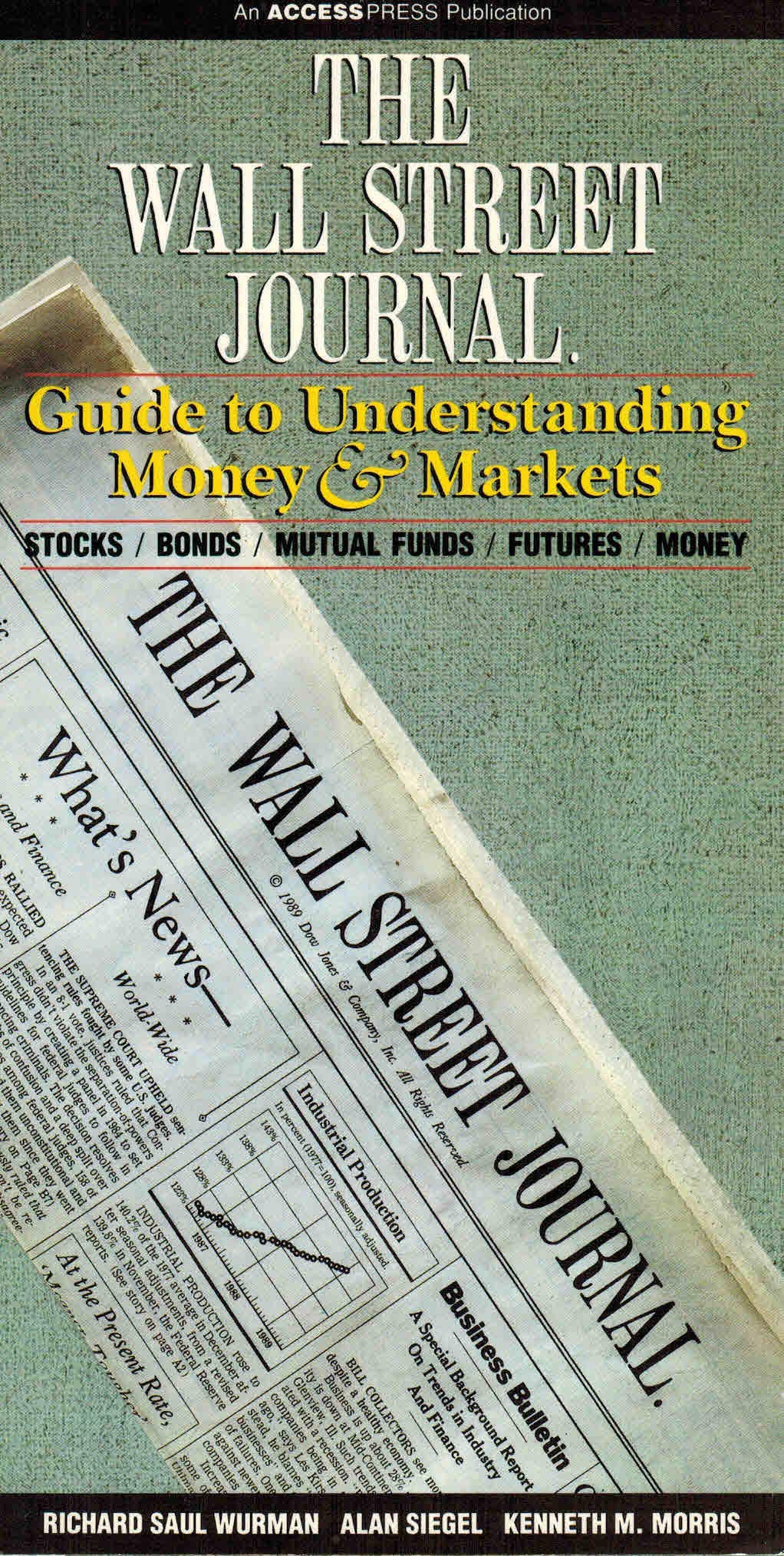

The Wall Street Journal, Guide to Understanding Money and Markets
M**T
This really helped
I have been wanting to learn about investing for a long time. This was one of the better and most thorough books I read. It really helped me to understand how stocks are valued. If you are new to investing this book will definitely help you learn the basic fundamentals.
S**E
Great starter book
Really excellent book to introduce you to money and markets, easy to read and reference back to until you are ready to move on to more complex explanations of whatever you think you need to learn more about.
M**Z
Five Stars
Great for beginners...
D**I
Five Stars
love it
J**N
An Excellent Manual for Any Investor Despite its Age :
This was the gift I received for my 1990 subscribing to the Wall Street Journal for one year. It has been part of my library for the basic information for the description and understanding stocks, bonds and other investment tools ever since. It is well written, easily understandable and has excellent graphics. It was the first book /manual that I read that gave me an interest / insight on how and why to invest in securities . I have copied it at least 50 times over the last 27 + years for relatives and friends as their starter tool as beginner investors. Despite its age it is still provides a great overview and informative read - Highly recommended !!
J**4
Great way to understand the basics of Wall Street
Great way to understand the basics of Wall Street. I do, however, think this version is getting outdated.
D**L
Outdated Facts and Perspective on Financial Markets
This classic of basic definitions has a new edition that came out in 1999. Although I have not yet read that one, I do suggest that you skip this one.The book is filled with discussions of how investors value stocks that few serious investors would recognize. There is almost nothing about investing outside the United States. NASDAQ gets almost no mention. The information about discount brokers is wrong. The terminology for describing many types of stocks was never correct, as best as I can recall.The facts that are correct relate mostly to trivia, like what the number on a stock certificate means. It could help you answer a question on Do You Want To Be a Millionaire? but has little other practical use. Many of these facts (such as how to read the stock tables) can be garnered by simply reading the footnotes in The Wall Street Journal or Barron's.This book is a good example of the communication stall. We tend to believe everything that we read from what should be reliable sources, even when the information is often faulty.Donald Mitchell....
Trustpilot
2 months ago
1 month ago